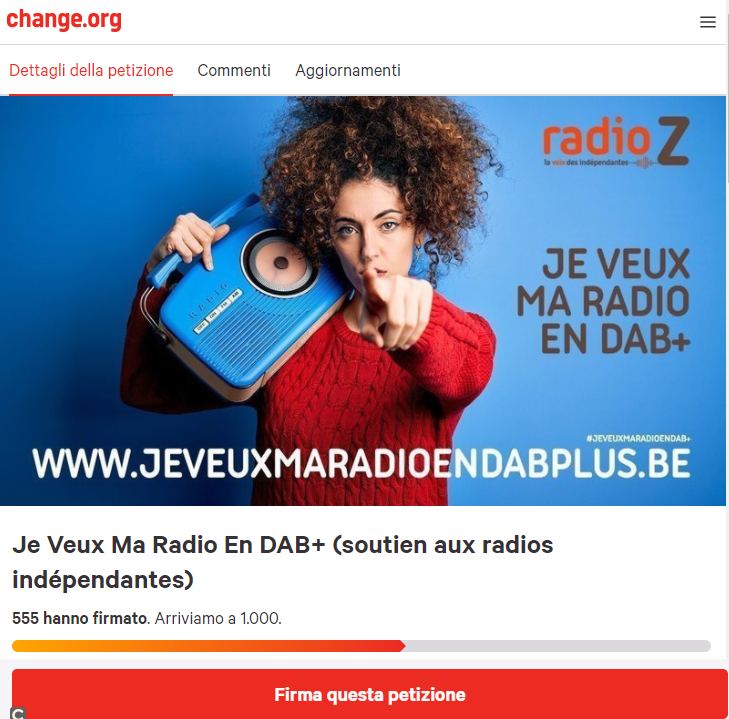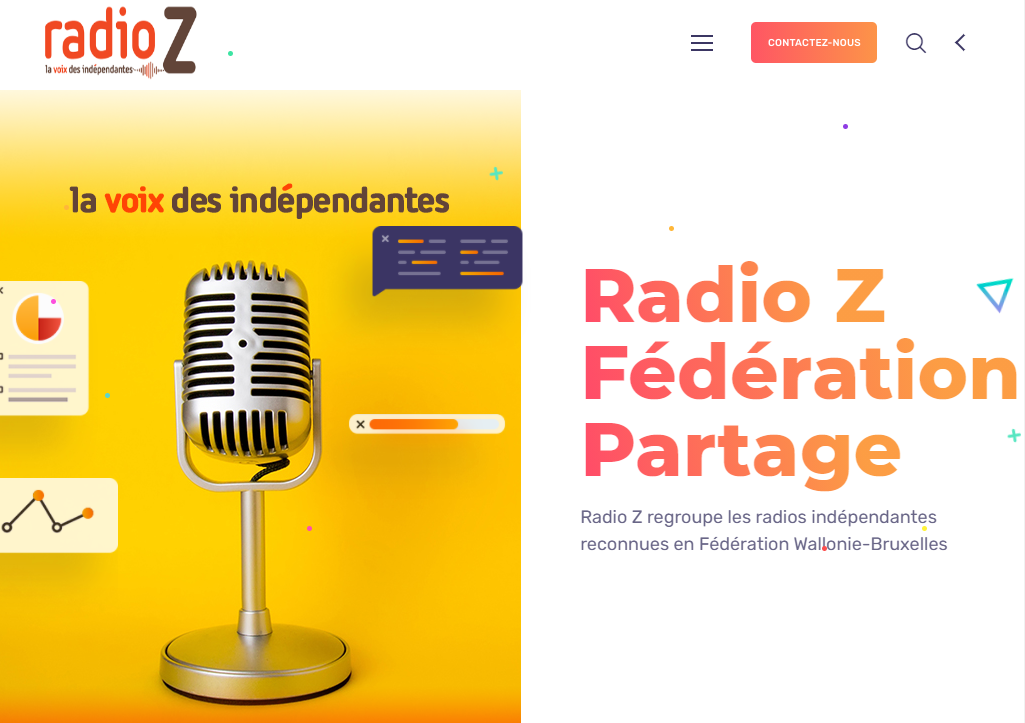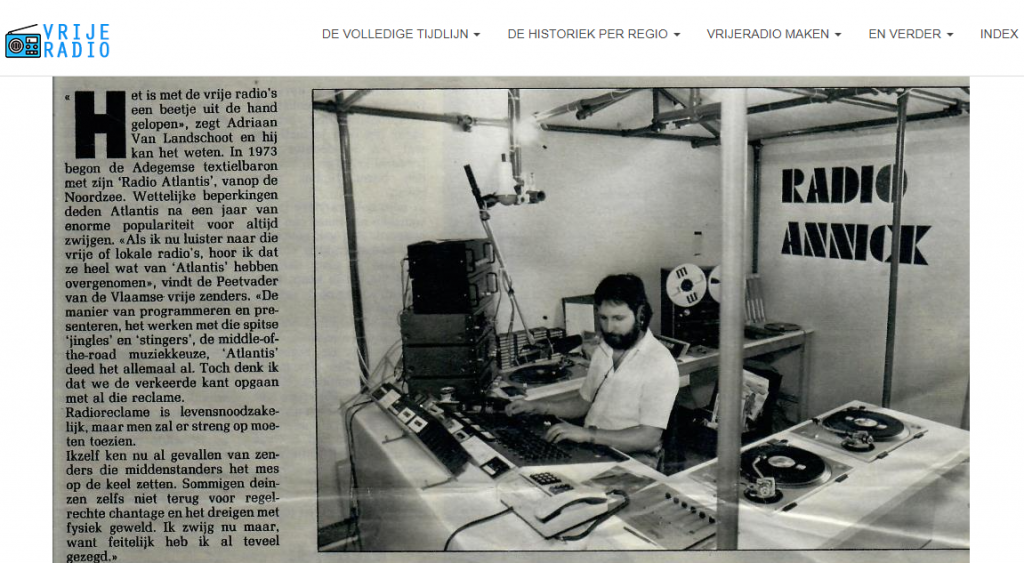
Source
The transition to digital requires investments that not all broadcasters can afford. Especially community radio stations, which have little advertising (or are self-financing) and therefore lack the necessary resources. This is a common situation in many countries, but in Belgium, the association of independent voices Radio Z has launched a petition to urge the government of the Wallonia-Brussels Federation to take action. The stations it represents are followed by hundreds of thousands of listeners in the region, employ more than a thousand volunteers who inform, entertain and promote the territory and the community; and above all train presenters, technicians and journalists. Unfortunately, these independent voices are financially exhausted and would need to double their revenues to survive. Despite warning signs, the Wallonia-Brussels Federation is not taking action and the diversity of the radio landscape is in danger of being destroyed. By 2030, in fact, 50-60% of them could disappear, due to the lack of economic, technical and logistical aid and a penalising digital frequency allocation plan.
A four-point plan

Source
The association calls for annual funding for independent radio stations, similar to that provided for the press and local television, which receive, respectively, 10.9 and 10.4 million EUR a year, not counting municipal, provincial, Brussels region and French Community Commission (Cocof) subsidies. More support and flexibility is also needed from the operators who will carry the DAB signal to avoid any stations being excluded. It is also necessary to immediately optimise the frequency plan, which today does not allow the proper broadcasting of independent radio stations. Finally, the procedure for allocating funding to guarantee the transition to digital broadcasting must be reviewed.

